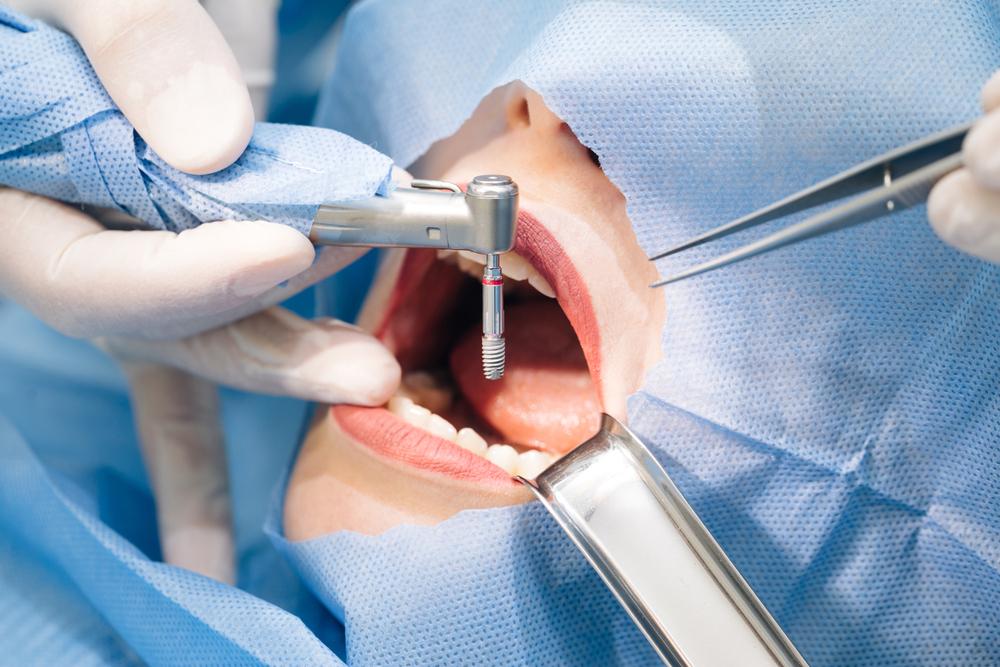Comprehensive Guide to Dental Implants
Enhance Your Smile Today!
Dental implants are revolutionary advancements in modern dentistry that have transformed the way we address tooth loss. These remarkable prosthetic devices provide a stable and long-lasting solution for individuals who have lost one or more teeth due to various reasons, such as decay, injury, or age-related factors.
The importance of dental health cannot be overstated. It not only contributes to our overall well-being but also plays a significant role in our quality of life. Oral health impacts our ability to eat, speak, and smile with confidence. Furthermore, it can affect our self-esteem and social interactions. Dental implants, as a key component of maintaining and restoring dental health, have become a critical innovation that has improved the lives of countless individuals.
In this article, we will delve deeper into what dental implants are and their significance in preserving and enhancing dental health. We will explore their construction, the procedure for placement, and the benefits they offer in restoring not only smiles but also the fundamental functions of the mouth. Through this exploration, we will gain a better understanding of the vital role dental implants play in achieving and maintaining optimal dental health.
Let’s Get Started
Call Us:
Office Hours :
Mon-Fri: 8:00am-5:00pm
Email Us :
appointments@kokomodentistry.com
Address :
604 East Boulevard, Suite A, Kokomo, IN 46902












